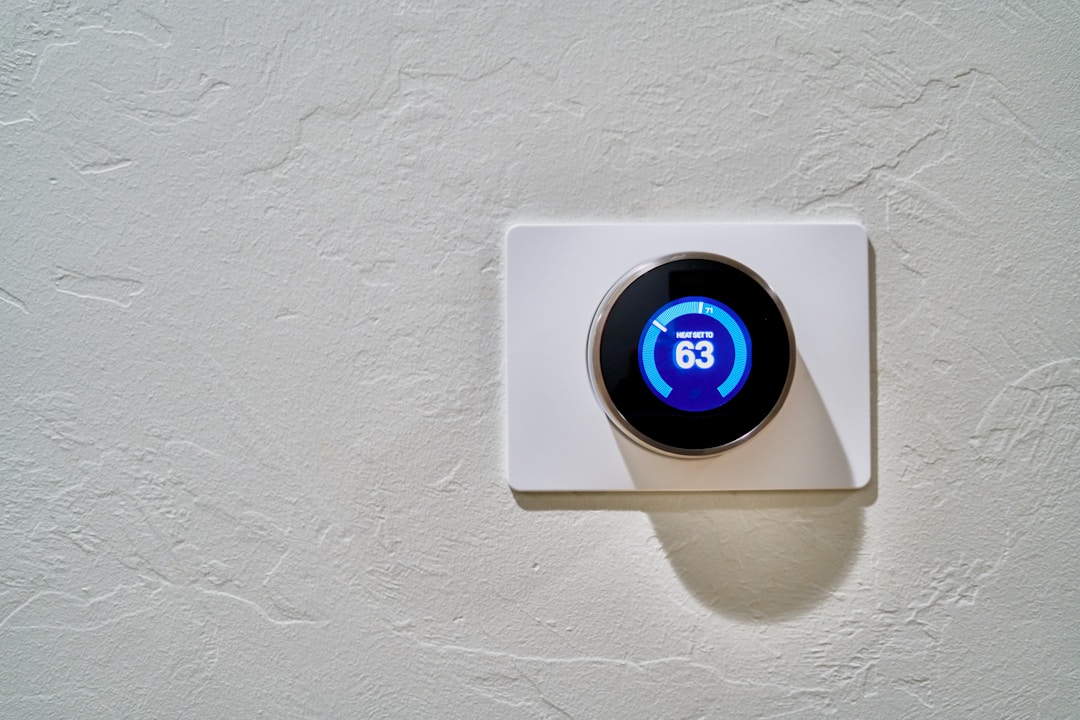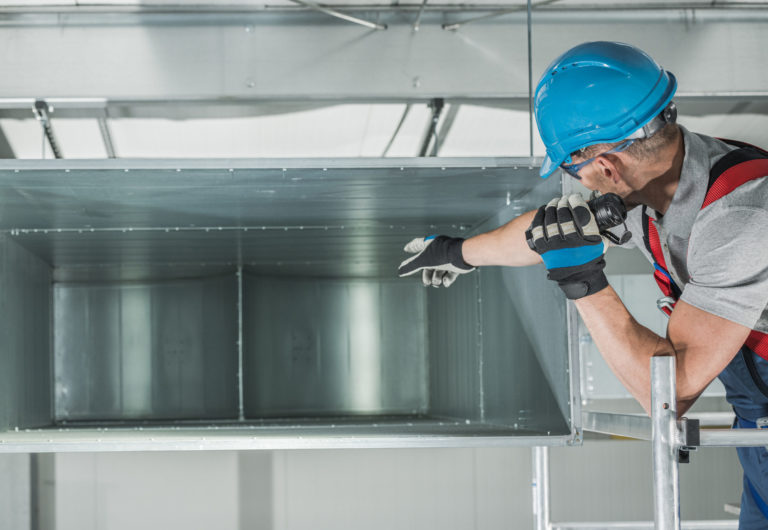Businesses need suitable facilities to ensure employees can complete tasks. Some businesses also have consumers who visit their establishment, making it crucial the business provides a safe and comfortable space for clients.
Suitable facilities should maintain an appropriate internal temperature. Employees won’t work effectively and clients may leave if it’s too hot or cold inside your building. Every commercial property should maintain a commercial heating, ventilation, and air conditioning (HVAC) system that regulates indoor air temperature and quality. Let’s look at steps you can take to ensure your commercial HVAC system’s ready for winter, how HVAC units work, and other steps you should take to ensure your HVAC unit works correctly throughout the entire year.
Contract a commercial HVAC company to perform HVAC system maintenance before winter.
Commercial HVAC systems are complex building systems that regulate air temperature and air quality inside commercial buildings. While individuals use HVAC systems at home, the HVAC units in commercial buildings are larger and designed for larger spaces.
When HVAC systems malfunction, it can become dangerously hot or cold inside your business. Extreme cold claimed 35 lives in the United States in 2019. In addition to causing deaths, exposure to extreme cold can cause illnesses and decrease productivity if staff cannot work. Equipment may break down in cold temperatures, leading to project delays and repair costs. Employers may incur costs from production deficits and workers’ compensation claims if they cannot keep their buildings warm during cold weather.
Regular maintenance ensures your commercial HVAC system’s ready for the winter season. Contract an HVAC company and have them prep your commercial HVAC system for the cold weather. Have them send their licensed HVAC technicians to your business building each fall. The technicians inspect, maintain, and repair HVAC units. They’ll check your system and replace or repair damaged or worn parts. They’ll also clean the HVAC unit, replace its air filter, and clean your air ducts.
How do HVAC units work?

HVAC units have a furnace that heats the air during the winter months while the system’s air conditioner extracts heat from the air during the hot summer months. The ventilator pulls in the fresh air and releases exhaust, ensuring you have fresh air inside your building.
The HVAC system has ducts that connect to vents throughout your building. Return vents pull air into the ducts and send it to the HVAC system, where it’s warmed or cooled. Then, it blows air through ducts leading to supply vents.
HVAC units are also connected to thermostats. The thermostat determines the ideal internal temperature. When the building’s too warm or cold, the thermostat’s sensors trigger the HVAC system to start pulling in air and adjusting the building’s air temperature.
What other steps should your business take to maintain its HVAC unit?
Your building’s commercial HVAC system provides heat during the winter, and it also keeps your building cool during the summer. Like cold temperatures, extreme heat can cause equipment to malfunction. Extreme heat can also cause health issues such as heat rash, heat stroke, and heat exhaustion. People who develop heatstroke can die.
Ensuring your air conditioner works correctly ensures you won’t have issues with production during the summer months and keeps your employees and clients safe. Schedule your HVAC company to send their technicians to your business every spring and have them inspect your air conditioner. They’ll remove mold growth from your unit’s evaporator coils, replace the air filter, and clean the ducts. Cleaning the ducts is a crucial task because contaminants and allergens can build up inside the ducts. Air can pick up those toxins and distribute them throughout your building, causing respiratory illnesses and allergic reactions.
Having an HVAC company service your commercial HVAC system in the fall is the best way to ensure you’re ready for the winter months. Have HVAC techs maintain your system in the spring to ensure it works correctly before summer.




